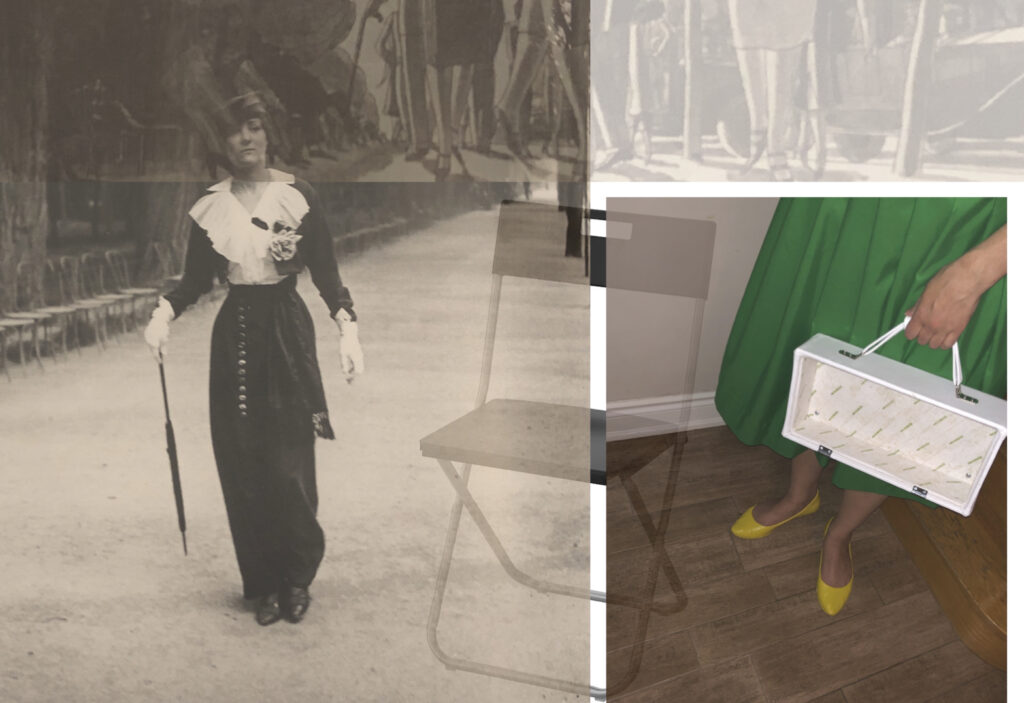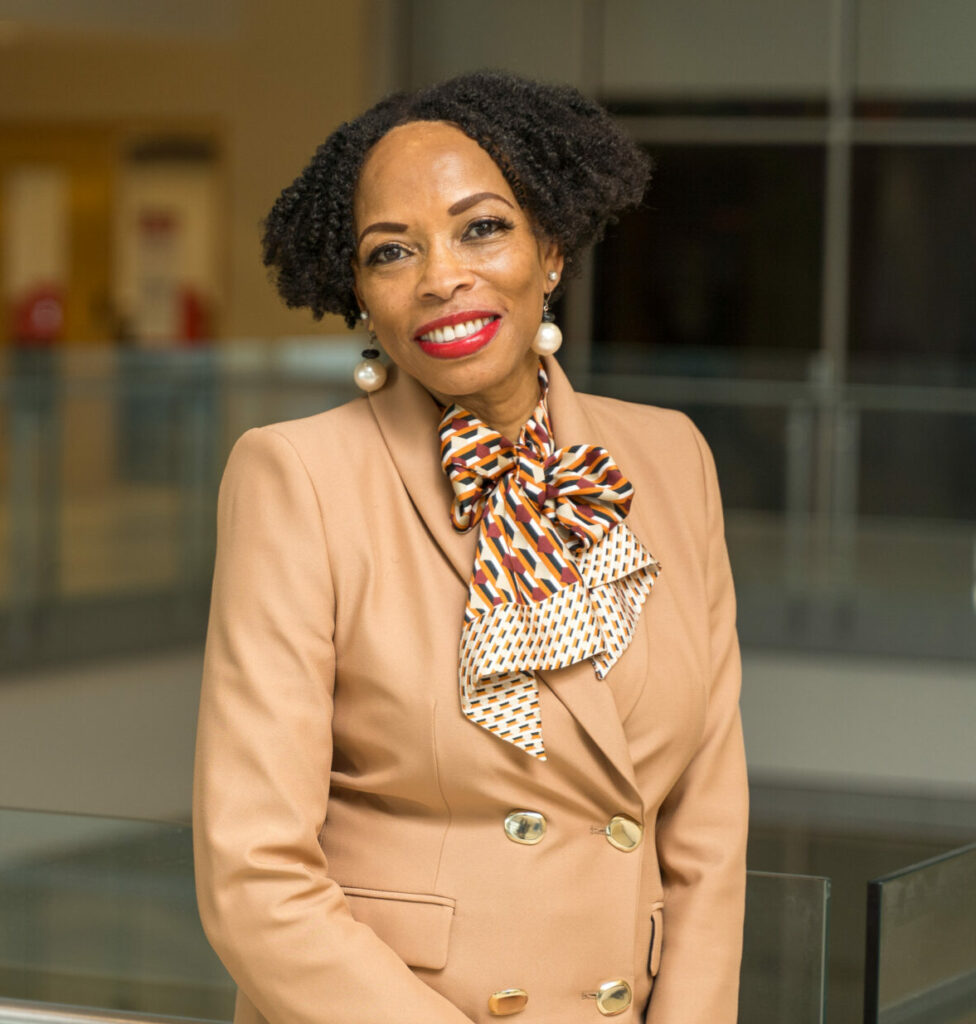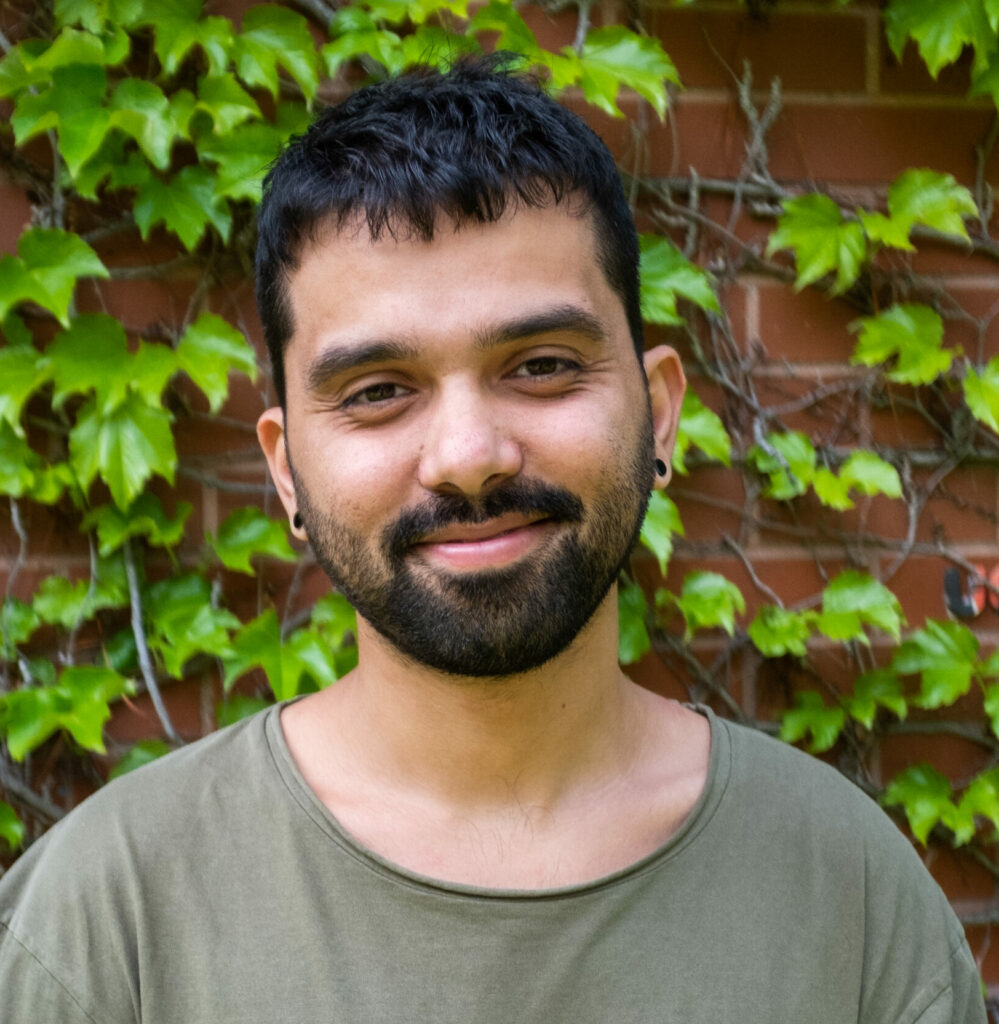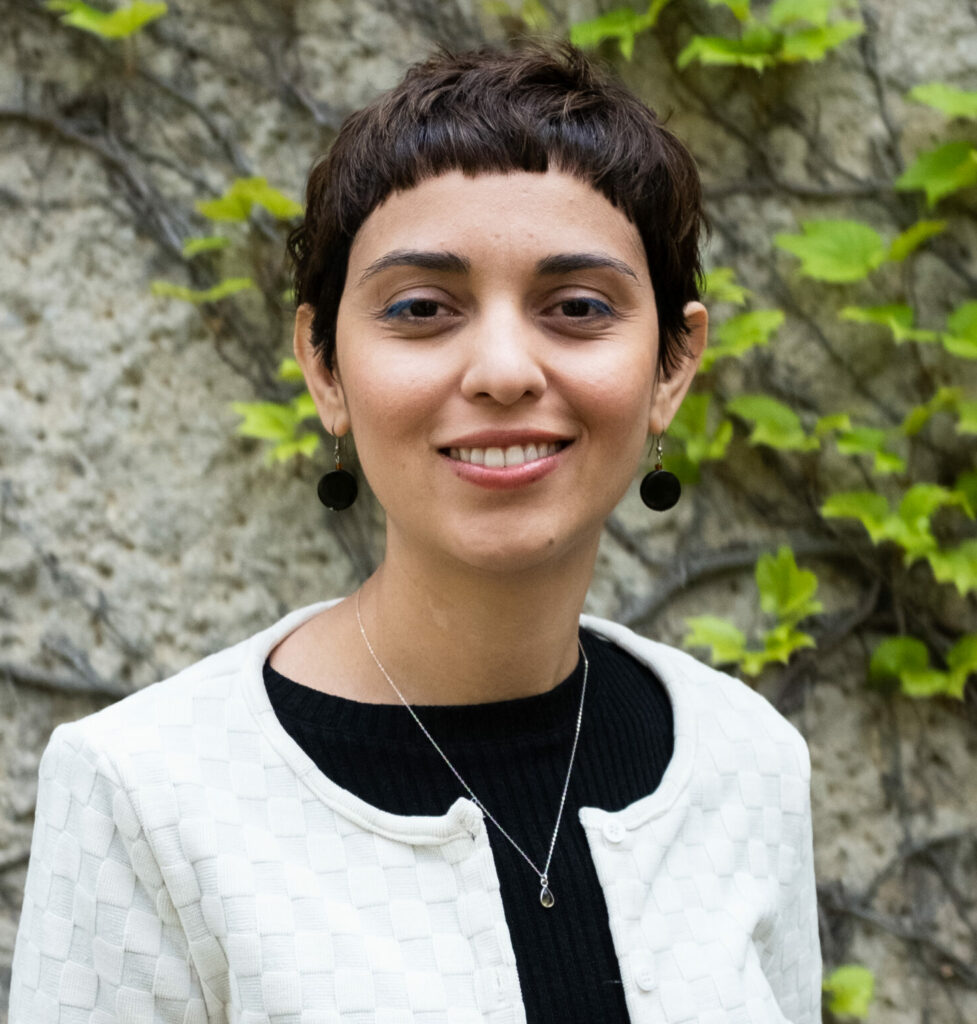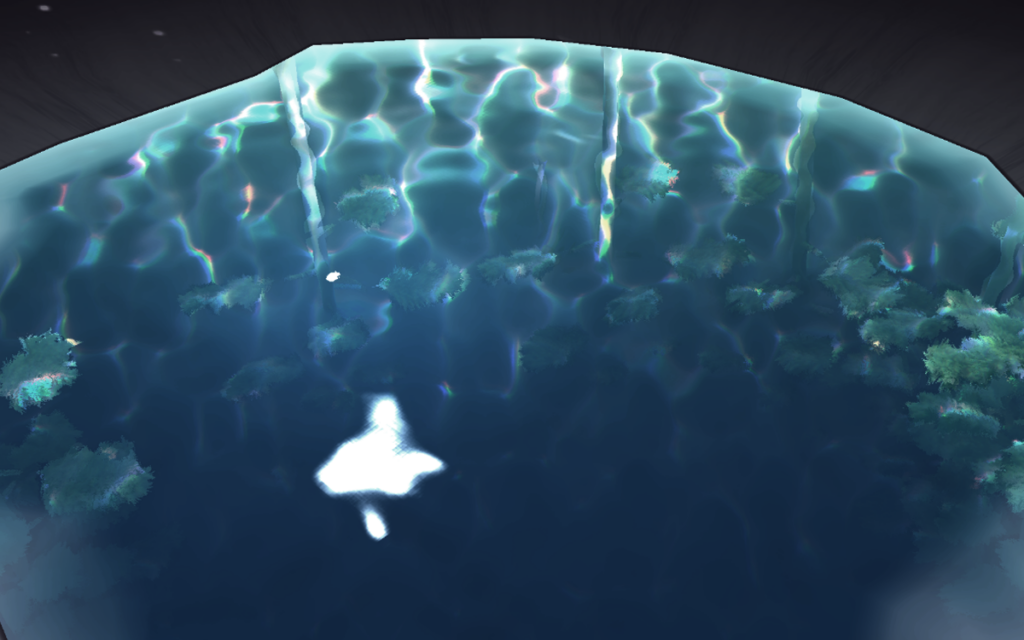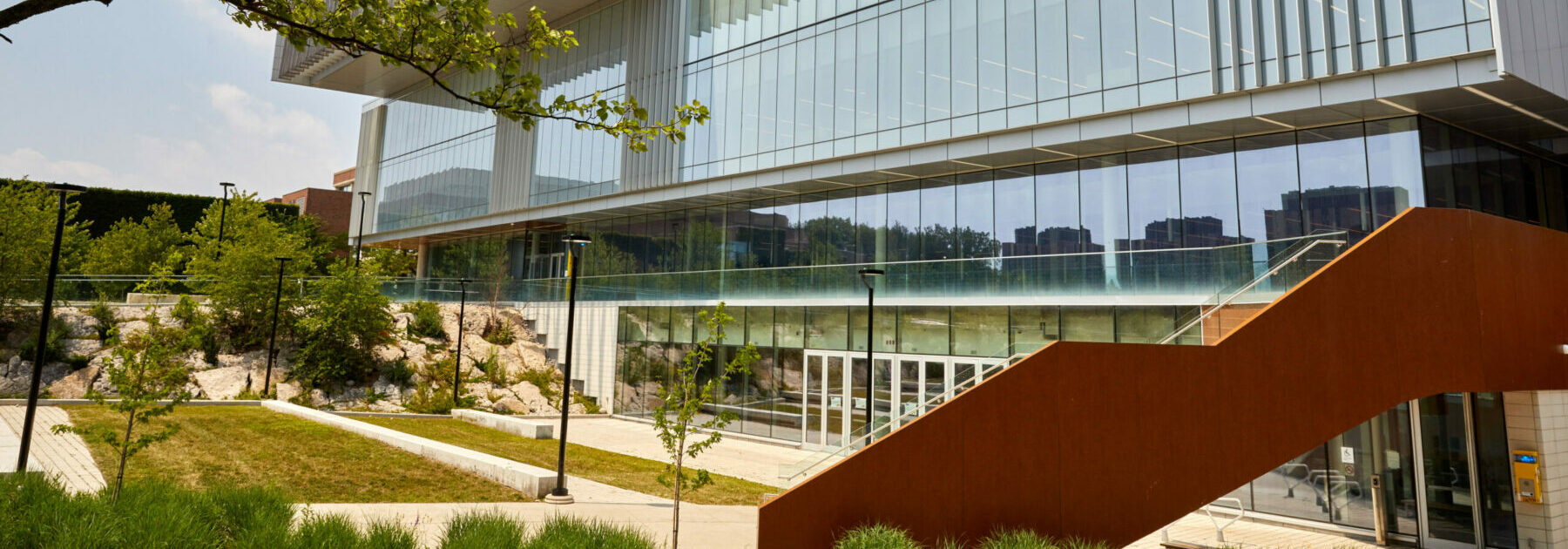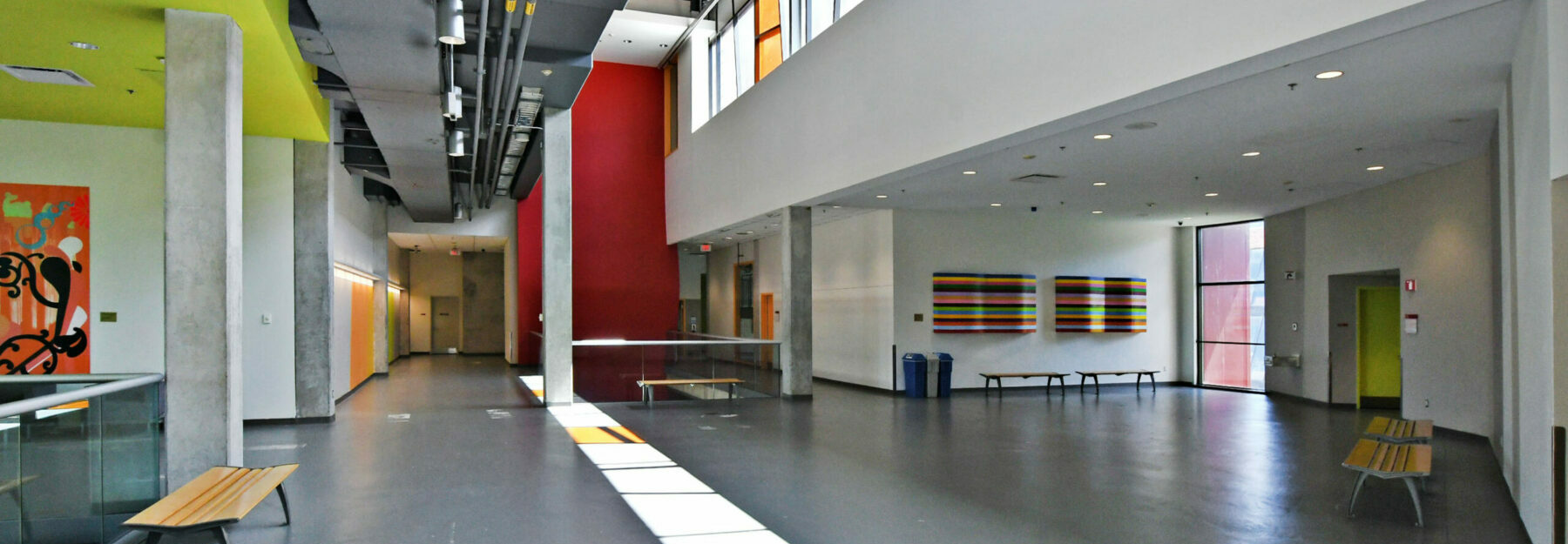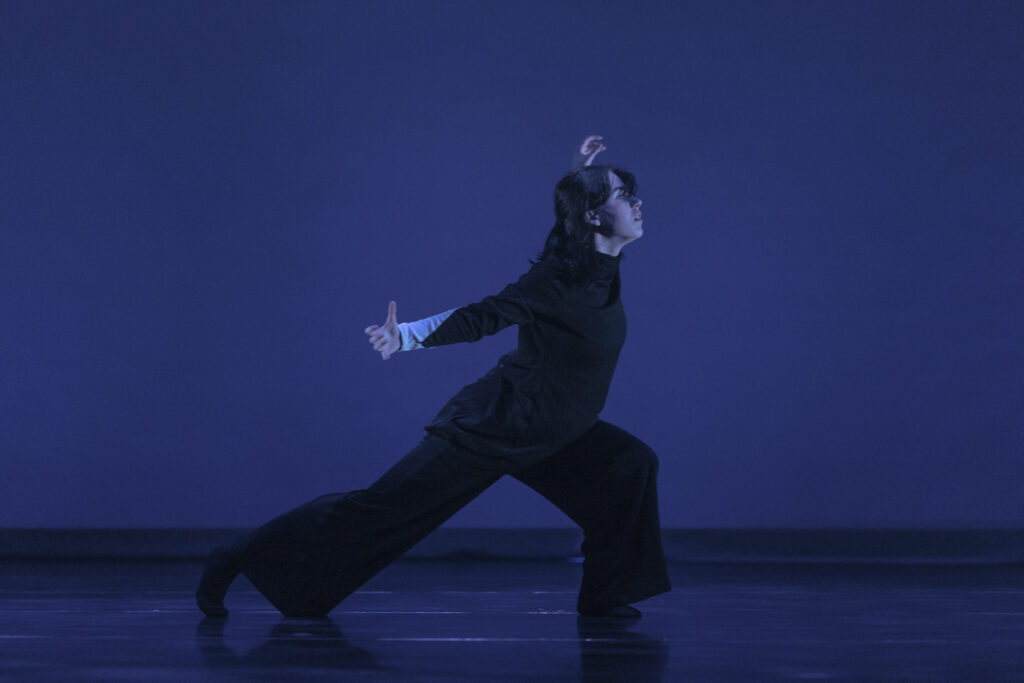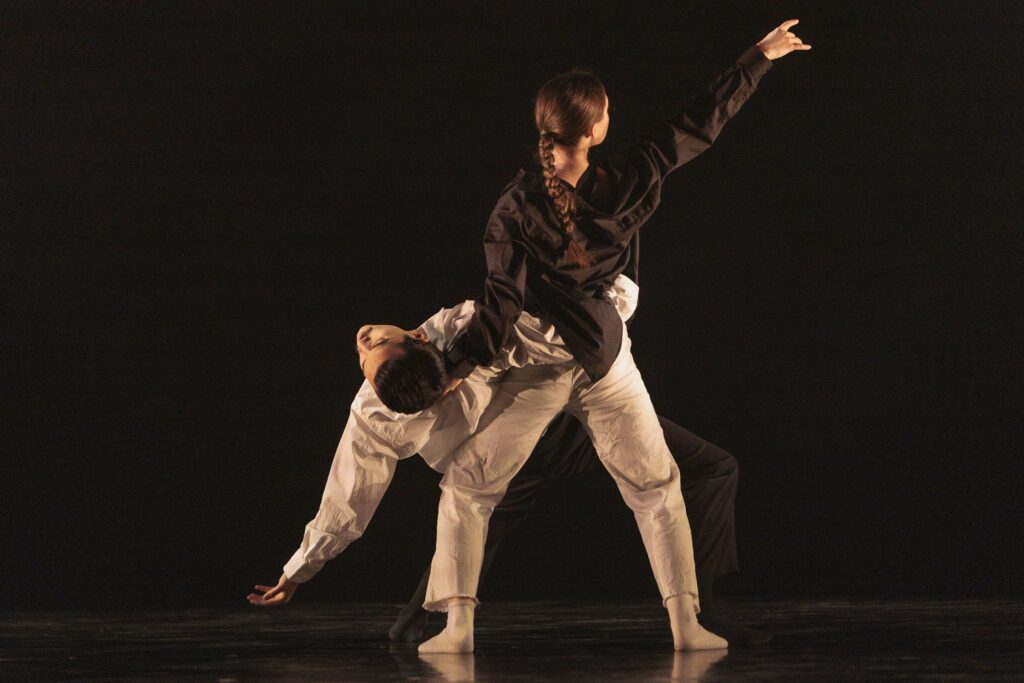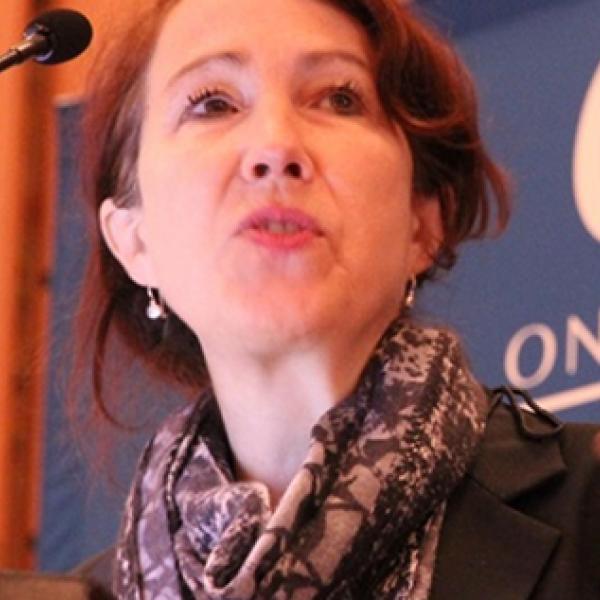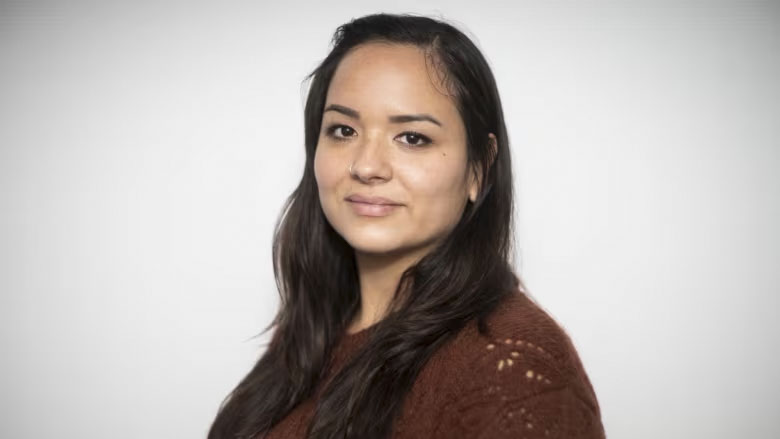By Elaine Smith
York University’s new Internationalization and Global Engagement Strategy has led the School of the Arts, Media, Performance and Design (AMPD) to focus on two avenues of globalization: expanding and re-activating partnerships, as well as promoting AMPD’s excellence abroad to engage both academics and students within a global arts network.

“If we do both of these well, it will lead to international engagement and presence on the York University campuses, which enriches everyone’s experience,” said Sarah Bay-Cheng, dean of AMPD.
“Cultural storytellers, artists, designers and scholars must be well-versed in the interconnected meanings of the stories they tell,” she said. “International experience and collaboration are among the most valuable experiences students can have, and it’s important that there can be an opportunity for everyone.”
Post-pandemic, Bay-Cheng says it is especially important to rebuild partnerships that may have languished during that time and to build new ones, which is why AMPD is reflecting on how the School can move forward.
“I’m interested in opportunities to collaborate through York-based initiatives, such as globally networked learning or our cross-campus capstone course (C4), as well as opportunities for travel and welcoming collaborators from around the world. If we enrich our teaching and research relationships by making them reciprocal and being responsive to our partners’ needs and goals, we will build networks that create and enhance shared experience globally.”
Currently, AMPD has several faculty engaged in international research collaborations reflective of the University’s internationalizations ambitions:
Laura Levin, associate dean, research, at AMPD, is principal investigator for Hemispheric Encounters: Developing Transborder Research-Creation Practices a seven-year, $2.5-million project that brings together a group of universities, community organizations, artists and activists across Canada, the United States and Latin America to study “hemispheric performance” as a research-creation methodology, a pedagogical strategy and a tool for social change.
Moussa Djigo is an assistant professor and award-winning director, screenwriter and producer with a background in journalism and cinema studies. His research and filmmaking include a focus on Canadian Indigenous cinema, African American cinema, city symphony films, and space in cinema. His forthcoming third film is a personal meditation on fatherhood that is a tribute to his father who passed away last year. Djigo shot the film in Senegal, where he grew up, with York AMPD assistant professor of film, Manfred Becker, as his cinematographer.
Joel Ong is an assistant professor, media artist and’ “serial collaborator” whose works connect scientific and artistic approaches to the environment, particularly with respect to sound and physical space. His work has been shown at festivals and conferences around the world including Ars Electronica, Currents New Media Festival, the Ontario Science Centre, ISEA and Siggraph.
Ian Garrett, associate professor of ecological design for performance, focuses on design and sustainability in arts and culture. His designs have appeared at the Venice Biennale and at the Coachella festival, as well as locally at Harbourfront Centre. As a producer, he has worked on projects at the Edinburgh Fringe Festival and in Athens and Los Angeles. Currently, he teaches a course with a globally networked learning (GNL) aspect that connects his students with design students in Australian universities.
Patrick Alcedo, chair of the Department of Dance, is an award-winning performer, scholar and filmmaker with particular expertise in Philippine traditional dances. His work focuses on performance of gender, folklorization of religion, and world dance in the diaspora. His documentary film They Call Me Dax about a 15-year-old girl trying to survive as a high school student and ballet dancer won Best Short Documentary at the Cannes Indies Cinema Awards 2021 and Best Dance Short Documentary, Silk Road Film Festival Awards in Cannes, France. It was an Official Selection at the New York Independent Cinema Awards, and International Short Films Festival. Alcedo was awarded the Pamana Presidential Award from the Office of the President of the Republic of the Philippines for his work, among other honours.
These faculty are representative of the importance of connecting AMPD – and its artists – globally. “Ideas are always on the move across the globe and to be an artist, one needs to keep an openness to these ideas and the many places from which they emerge,” says Bay-Cheng.
At the same time, Bay-Cheng emphasizes the role Canada must play in internationalization efforts and storytelling. “Canada is a complex multilingual, multicultural, multinational state, and so is well positioned to address global problems that are also multinational,” Bay-Cheng said. “Our interdependence is so intricate and vast across the world and manifests itself in a variety of social, political and cultural contexts. We need to be aware at all time of global implications, even in our local contexts.
“All of our students benefit from understanding Canada’s complicated histories and place in the world whether they remain here or travel elsewhere.”
Faculty members interested in exploring global engagement possibilities are encouraged to contact Helen Balderama, York International’s director of global engagement programs and partnerships, at helencb@yorku.ca, for more information.




